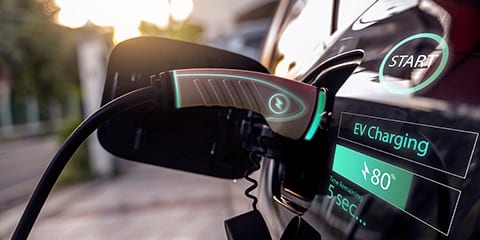A recent study by Recurrent Auto has alleviated one of the primary concerns of electric vehicle owners: the high cost of battery replacement. Examining over 20,000 EVs, the study found that, on average, only 2.5% of these vehicles had their batteries replaced. This data is particularly reassuring for owners of newer EV models, as the likelihood of needing a battery replacement is significantly lower for vehicles built after 2015.
Battery replacements are predominantly seen in older EV models. Specifically, vehicles manufactured before 2015 have higher rates of battery replacement, with early models being the most affected. For instance, the study found that about 13% of EV’s built before 2015 required new batteries, whereas this percentage dropped to 1% or less for vehicles produced from 2016 onwards.
The oldest EV’s in the study, dating back to 2011, showed a battery replacement rate of approximately one in three. These higher rates were influenced by various factors beyond just the age of the vehicles, including early technological limitations and different usage patterns.
Battery degradation is a process affecting all batteries and occurs more slowly in modern EV’s due to advancements in battery technology and management systems. While degradation is inevitable, it typically progresses at a pace that does not significantly impact the vehicle’s usability within a reasonable ownership period.
For those planning to keep their EV’s long-term, preparation for eventual battery replacement is advisable. However, the need for such a replacement is likely to be infrequent, especially for models built in recent years.
One of the main apprehensions about EV ownership has been the potential cost of battery replacement, which can exceed £15,000. The study’s findings suggest that this concern may be overstated for most EV owners, particularly those with vehicles built after 2015. As battery technology continues to improve, the frequency and cost of replacements are expected to decrease further.
Recurrent Auto’s study provides encouraging news for current and prospective EV owners. With only a small percentage of batteries needing replacement and newer models showing significantly lower rates of degradation, the long-term viability and cost-effectiveness of EV ownership are increasingly apparent. This trend is likely to continue as battery technology evolves, further enhancing the appeal of electric vehicles as a sustainable and economical choice for consumers.



